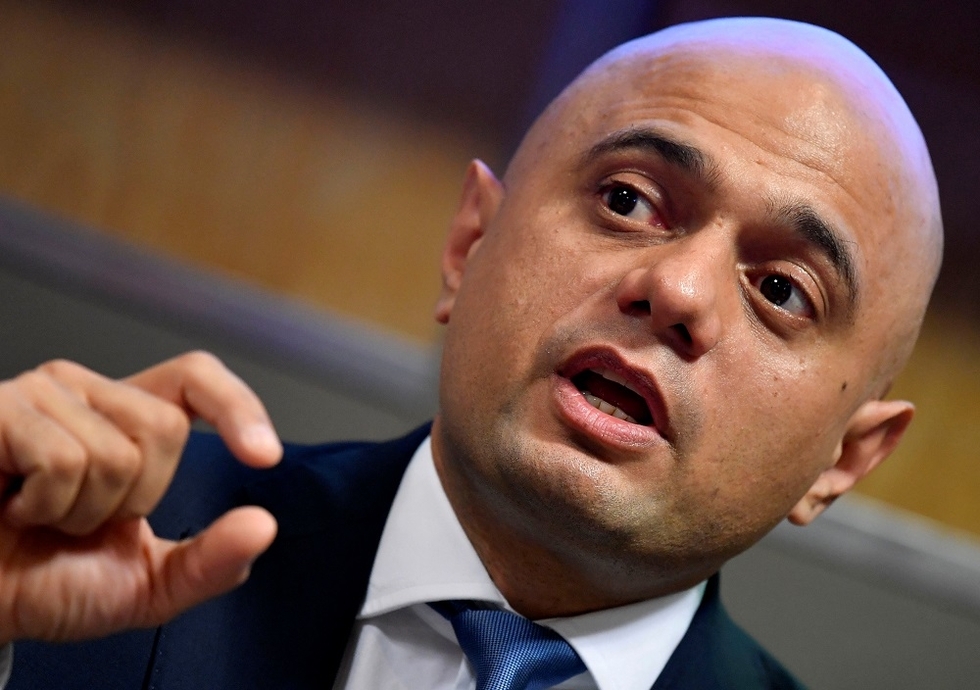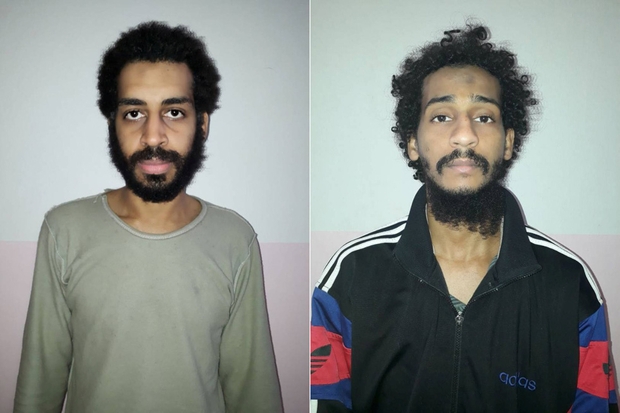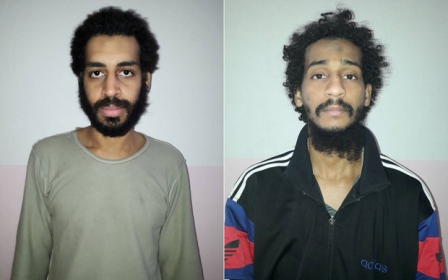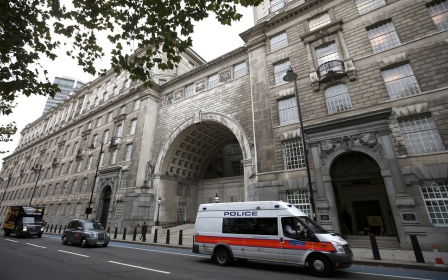UK dropped death penalty concerns over IS suspects to facilitate US trials, court hears

The UK government had every right to drop its opposition to the death penalty when deciding to cooperate with the prosecution of suspected terrorists in the United States, its lawyers argued at the High Court in London on Tuesday.
There is nothing in English or European law that prevented that position from being abandoned when the US sought British help in prosecuting alleged Islamic State murderers, they said.
Sir James Eadie QC, counsel for British Home Secretary Sajid Javid, told the court that such decisions were at the discretion of the executive branch of government, subject to the law.
“There is no domestic authority which establishes, or comes close to establishing, that the government is under an obligation ... not to provide assistance under a treaty with a friendly foreign state.”
While the US retained the death penalty, it was a friendly foreign state “which is governed by the rule of law”, Eadie said.
Eadie acknowledged that there had been “some controversy” about the way in which convicted murderers have been put to death in the United States, but said that these were concerns that the US Supreme Court had carefully considered.
'Apex of seriousness'
Moreover, the crimes that were to be prosecuted - the beheading of British, American and Japanese prisoners of IS - were at “the apex of seriousness”, and it is of the greatest importance that those responsible are prosecuted, he said.
The British government is resisting an attempt by the mother of El Shafee El-Sheikh, a 30-year-old Londoner, to prevent it handing evidence it holds against her son to the US Department of Justice.
The UK traditionally hands over such information only after receiving assurances from foreign states that it will not be used in cases where a death penalty may be imposed.
The court has heard that these assurances were demanded by the British government in the case of El-Sheikh until Javid was appointed home secretary in April this year.
After being advised by the British ambassador to Washington that the reaction of senior figures in the Trump administration would be “close to outrage”, and that they might choose to "wind up the president", Javid decided against insisting that El-Sheikh be protected from the death penalty, or from being consigned to the US detention facility at Guantanamo Bay on Cuba.
El-Sheikh and a second Londoner, Alexanda Kotey, were captured by Kurdish forces in northern Syria last January.
They are alleged to be members of a four-strong IS cell which tortured and and beheaded 27 prisoners in 2014, and who filmed their crimes before posting the footage on the internet.
A third alleged member of the cell, Mohammed Emwazi, was killed in a US drone strike in 2015, while the fourth, Aine Davis, is serving a seven-year prison sentence in Turkey after being convicted of membership of a terrorist organisation.
El-Sheikh and Kotey had both been stripped of their British citizenship by the time of their capture.
At the heart of the legal challenge being brought by El-Sheikh’s mother, Maha Elgizouli, are 600 witness statements that have been taken by British counter-terrorism detectives.
The government has not disclosed who these witnesses are, nor where the statements were taken.
The court has heard that the US would prefer to see El-Sheikh and Kotey prosecuted in the UK, but British prosecutors advised that attempts to do so could fail, in part because of concerns about mistreatment in custody and the legal basis of their return to the UK.
The prosecutors also advised that “due process is not as problematic” for prosecutors in the US, the court heard.
Eadie said that the UK government had no wish to see El-Sheikh consigned to Guantanamo, and that with prosecutors concluding that he could not be tried in Britain, “a potential US federal prosecution was the only game in town”.
The US believed that the UK should have taken responsibility for bringing both men to justice, and took the view that the UK, having declined to do so, should not be seeking restrictions on an American prosecution.
Their attitude, Eadie said, was “we take your burden, you don’t tie our hands”.
]The court’s decision is expected to be handed down later this year.
New MEE newsletter: Jerusalem Dispatch
Sign up to get the latest insights and analysis on Israel-Palestine, alongside Turkey Unpacked and other MEE newsletters
Middle East Eye delivers independent and unrivalled coverage and analysis of the Middle East, North Africa and beyond. To learn more about republishing this content and the associated fees, please fill out this form. More about MEE can be found here.




